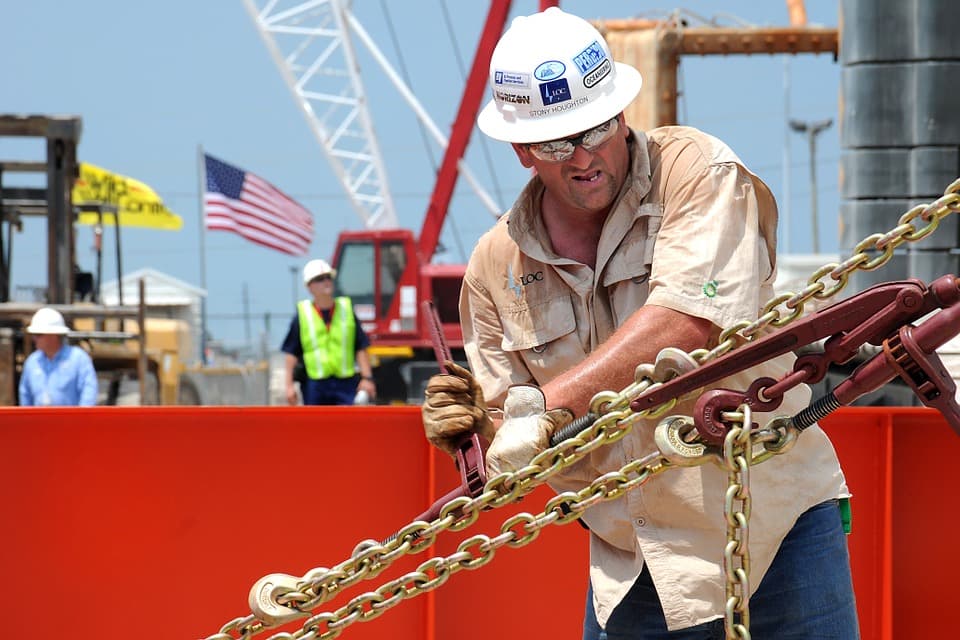Jobs in the oil and gas industry are some of the most profitable careers available. With annual salaries that exceed $100,000, the oil and gas industry indeed is an excellent field to choose for anyone who has the capability to work in such a trade.
However, working in this industry can be extremely risky and demanding.
Check out the most hazardous jobs in this industry below.
1. Derrick Hands
Derrick hands are responsible for monitoring drill pipes. They supervise the operations that involve the insertion and extraction of the machine as it bores down into the drilling hole. They also oversee the maintenance and repair of other equipment.
A career working as a Derrickhand means working in the elements. Scorching hot, freezing cold, windy, or stormy day - they are still obligated to work for grueling hours of irregular shifts. Apart from these extreme weather conditions, their lives are also always at risk of incurring fatal injuries due to their proximity to equipment.
2. Roustabout
Roustabouts are your everyday entry-level laborers who do not need complex technical knowledge to perform arduous physical labor. However, they are tasked to operate under extreme conditions like desert summers, ocean storms, and arctic winters.
Those seeking a job as a Roustabout know they are the front liners in the petroleum industry. They operate unpredictable drilling equipment and hazardous machines, facing risks of fatal injuries on a daily basis.
3. Oilfield Driver
Many people are attracted to driving jobs in the oil and gas industry because of its extended working hours which yield more significant payoffs.
Under Federal Motor Carrier Safety Administration (FMCSA) rules, there is an exception for oil well drivers where waiting time is counted as 'off duty', meaning drivers can end up working extremely long shifts. Sometimes, drivers operate with limited focus and concentration due to these longer hours, and can be prime candidates for a harmful, costly driving accident.
In fact, between 2003 and 2008, a third of the almost 650 oilfield worker deaths were caused by driving accidents, a figure much higher than most other industries.
Oilfield Workers Earn Their Pay
It is true that any industry has its risks and hazards. However, the rate of casualties in the petroleum industry tops the chart. During the years between 2003-2013, the percentage of the fatalities in this sector had risen to 28% with a total of 1,200 deaths. 75% of the casualties are related to transportation incidents wherein graveyard shifts and poorly maintained machines serve as a factor.
More or less 50% of the people severely injured were working on well sites. These grievous circumstances show how dangerous it is to work on petroleum sites and oil and gas transportation systems.
However, even so, the salary in the industry is incomparable to others.
With the high demand outpouring from the world market and end users, the oil and gas industry can provide handsome salary rates even to entry-level employees.

